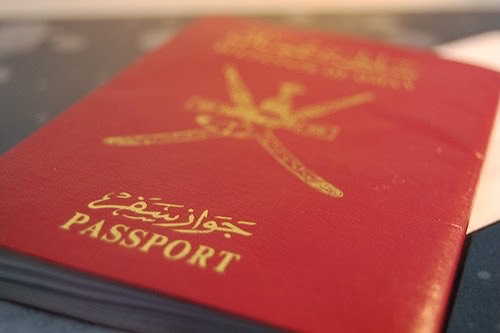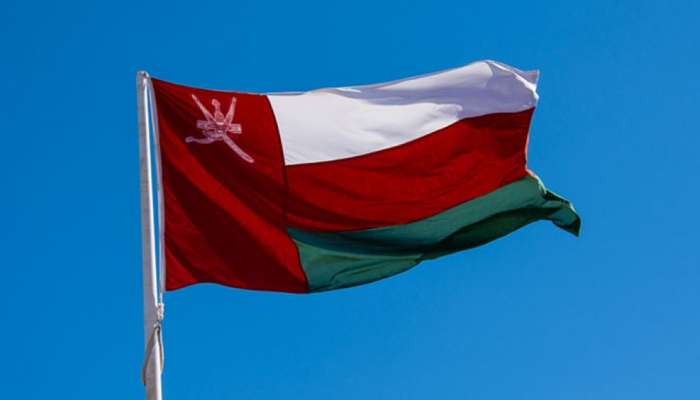

Muscat: Oman has made a jump in the latest Henley Passport Index, jumping eight places from last year’s rankings to be placed 60th in the world.
According to Henley & Partners who conducted the rankings, Oman has now access to 85 countries, an increase of four more countries than in 2022.
Singapore has the world's most powerful passport, according to the latest Henley Passport Index.
The Asian city-state knocked Japan off the top spot after five years at the summit with Singapore citizens able to visit 193 destinations out of the world’s 227 visa-free. Japan slid down to 3rd place,
Oman’s neighbour, UAE, has climbed three places from last year to rank as the 12th most powerful passport. Holders of Emirati passports can now visit 179 destinations visa-free.
Over the past 10 years, Oman passport has climbed five places from 65 in 2013 to 60 but has now much more access to countries, 22 more than in 2013.
The study, which ranks the world’s passports according to the number of destinations their holders can access without obtaining a prior visa, is compiled using official data from the International Air Transport Association.
The latest report puts Germany, Italy and Spain in second place, with holders able to travel to 190 destinations visa-free.
The UK has turned the table on a six-year decline, jumping two places from sixth to fourth. The US does not fare so well, plummeting a further two places to eighth. Both the UK and the US jointly held 1st place on the index in 2014.
India is also showing signs of strength, climbing to 80th, up five places from the previous list.
While the UAE is the only Gulf country to rank in the index's top 50, Middle Eastern destinations are becoming more open to other travellers.
Henley & Partners has conducted exclusive new research into the relationship between a country’s openness to foreigners — how many nations it allows to cross its borders visa-free — and its own citizens’ travel freedom, gauged using the Henley Passport Index.
The new Henley Openness Index ranks all 199 countries worldwide according to the number of nationalities they permit entry to without a prior visa.
Oman’s highest leap in GCC
Gulf Cooperation Council (GCC) countries have generally displayed higher-than-average shifts towards increased openness, in particular, Oman’s openness score leapt from 71 to 106 (35 points) since 2018 to put the Sultanate 33rd, the highest in the region, while the UAE’s score increased from 58 to 80 since 2018 (22 points) over the same period, with the Emirates ranking in 55th.
Qatar has also improved, ranking 42nd. Other Gulf countries still lag behind for openness with Saudi Arabia in 72nd place, Bahrain in 60th and Kuwait in 68th.
At the bottom of the scale with the world's least powerful passport is Afghanistan, with holders only able to travel visa-free to 27 countries. Iraq, Syria and Pakistan round out the bottom four nations.
With historical data spanning 18 years, the Henley Passport Index includes 199 different passports and 227 different travel destinations.
The general trend over the history of the 18-year-old ranking has been towards greater travel freedom, with the average number of destinations travelers are able to access visa-free nearly doubling from 58 in 2006 to 109 in 2023. However, the global mobility gap between those at the top and bottom of the index is now wider than it has ever been, with top-ranked Singapore able to access 165 more destinations visa-free than Afghanistan.
Dr. Christian H. Kaelin, Chairman of Henley & Partners and the inventor of the passport index concept, says only eight countries worldwide have less visa-free access today than they did a decade ago while others have been more successful in securing greater travel freedom for their citizens. He said: “Far more than just a travel document that defines our freedom of movement, a strong passport also provides significant financial freedoms in terms of international investment and business opportunities. Global connectivity and access have become indispensable features of wealth creation and preservation, and its value will only grow as geopolitical volatility and regional instability increase.”